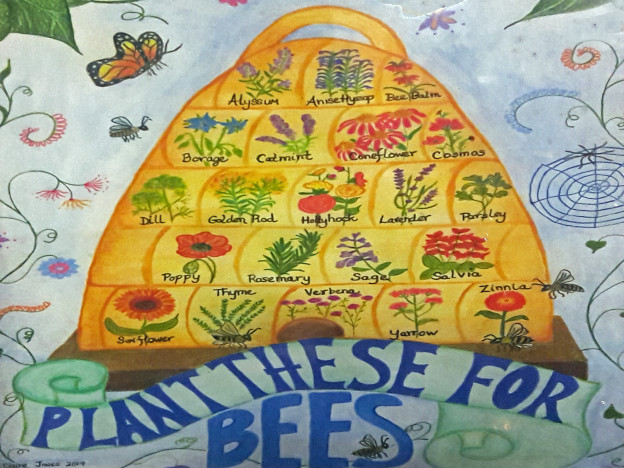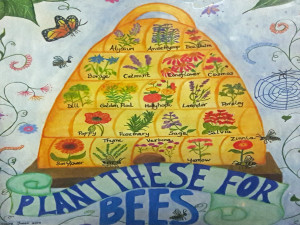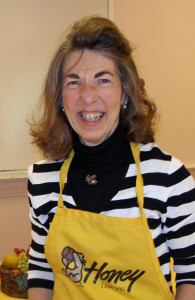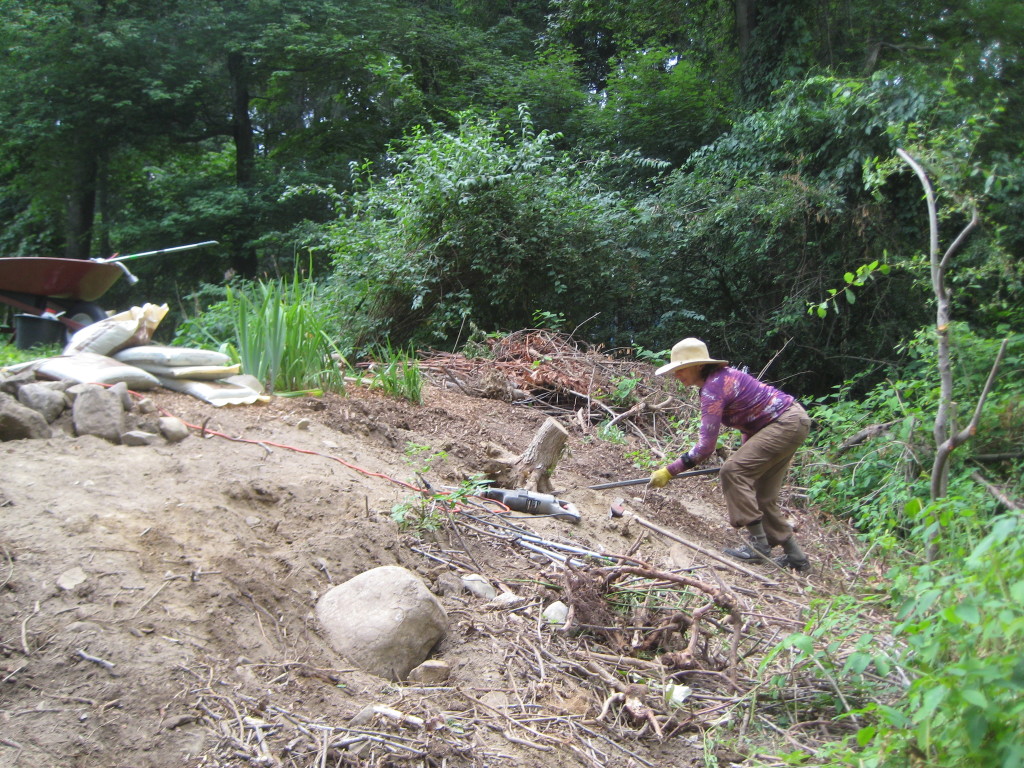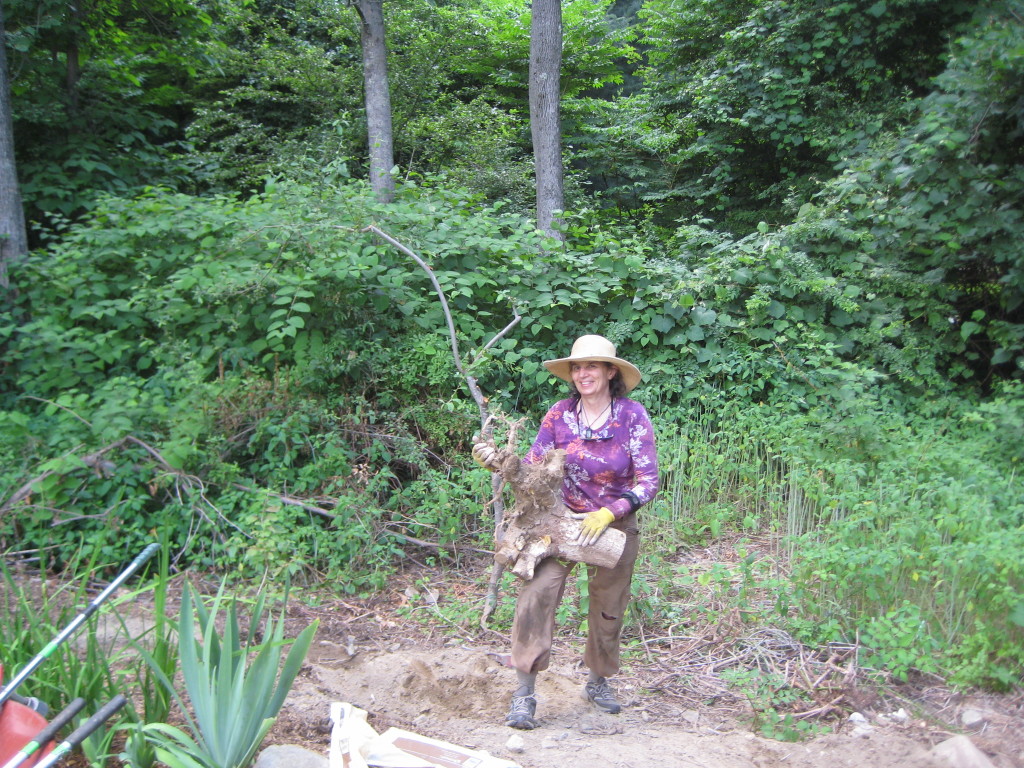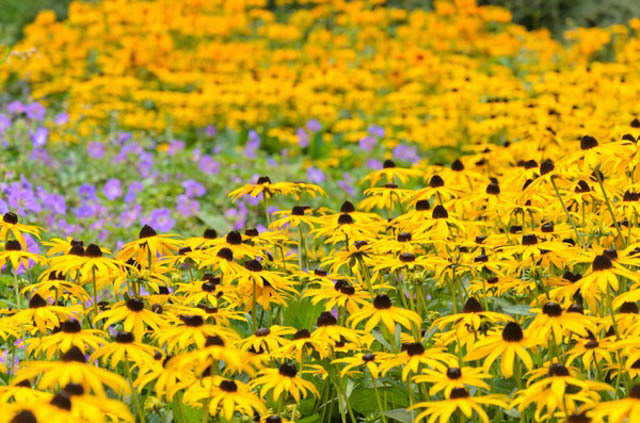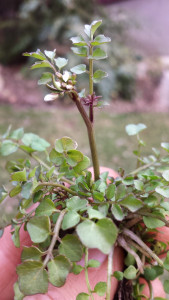
Hairy bitter-cress, Cardamine hirsuta, in bloom now in Sharon, MA.
Hairy bitter-cress is very pretty up close, but is it a weed? If you could ask your MA soil if it’s a weed, the soil would say, “Yes, it’s a weed.” If you ask the whole ecosystem of your MA yard, the system would agree that it’s a weed.
This is hairy bitter-cress, a native to Asia, that as an exotic invasive plant has an unfair advantage over our native plants, blooming and casting its seed well before most of our natives have even formed flower buds. So, is it a weed to you? If so, better destroy those pretty flowers before they turn to seeds. If you need more info about how, please let me know!r-cress, Cardamine hirsuta, in bloom now in Sharon, MA.

